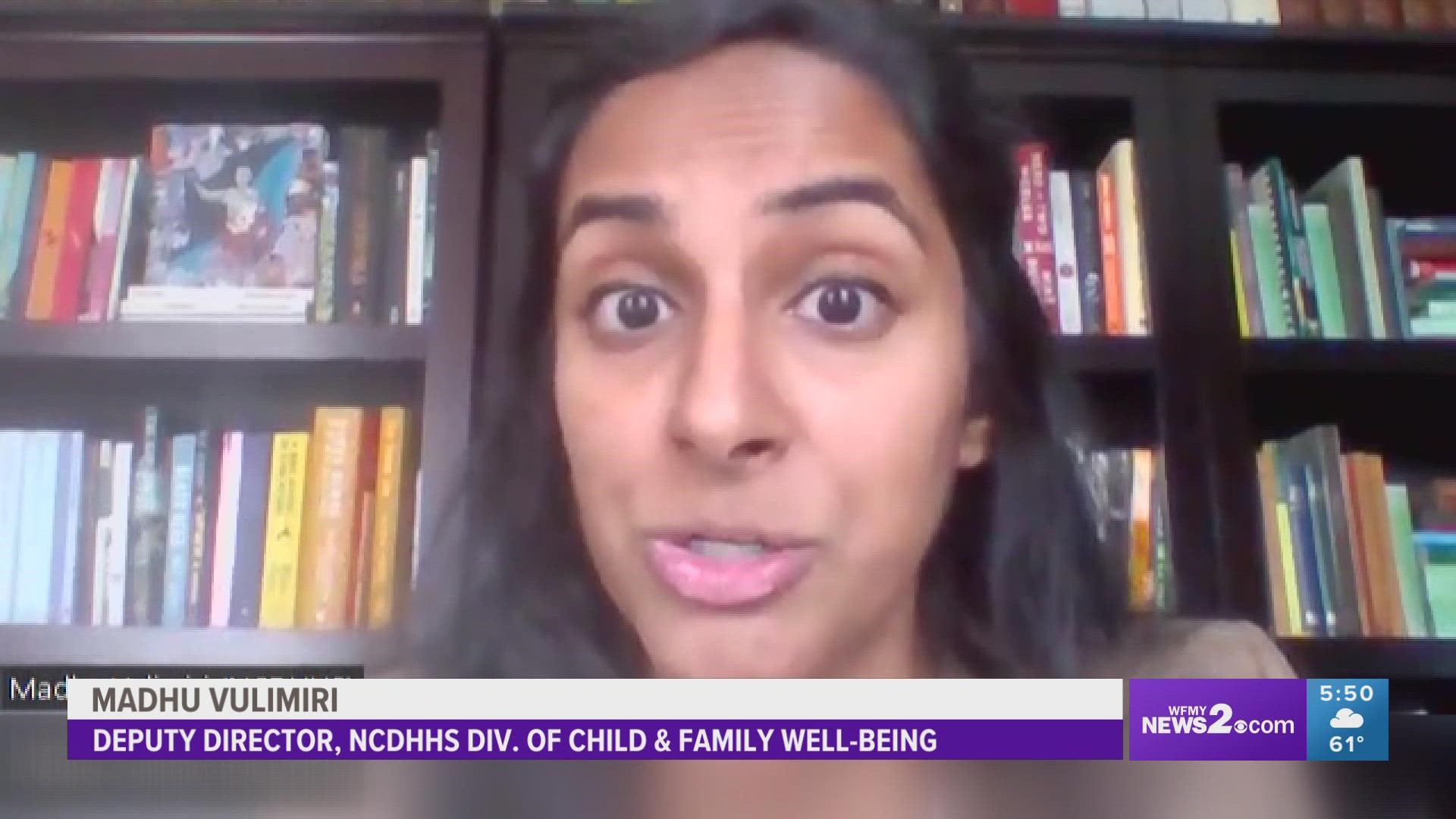NORTH CAROLINA, USA — In March 2023, more than 41 million Americans saw a reduction in SNAP benefits. The cut reduced payments anywhere between $95 to $250, depending on family size.
What expanded SNAP benefits?
Approximately 900,000 households in North Carolina are enrolled in the state's Food and Nutrition Services Program (FNS), also known as SNAP or EBT, according to the NCDHHS Division of Child and Family Well-Being. Since March 2020, families received extra benefits as part of the federal COVID-19 Public Health Emergency.
With the federal Public Health Emergency ending, those extra benefits, or emergency allotments, are ending for all states. In North Carolina, February was the last month that SNAP recipients received those emergency allotments, according to the NCDHHS.
"Starting this month in March, all households that receive Food and Nutrition Services will continue to receive their regular monthly benefit amount," said Madhu Vulimiri, the Deputy Director of the Division of Child and Family Well-Being at the North Carolina Department of Health and Human Services.
Amid high inflation, will SNAP benefits increase?
Deputy Director Vulimiri said any changes to the benefit level are made at the federal level.
"There are typically adjustments that are made every year for the cost of living adjustments, said Vulimiri.
In 2021, the NCDHHS said SNAP benefits were increased by 25 percent as part of a national re-evaluation of benefit amounts by the U.S. Department of Agriculture. That change was on top of COLA adjustments.
From Oct. 1, 2022, to Sept. 30, 2023, these are the maximum SNAP benefit allotments for recipients in the 48 contiguous states and D.C.:
- One person: $281 ($31 increase from previous year)
- Two people: $516 ($57 increase from previous year)
- Three people: $740 ($82 increase from previous year)
- Four people: $939 ($104 increase from previous year)
- Five people: $1,116 ($124 increase from previous year)
- Six people: $1,339 ($149 increase from previous year)
- Seven people: $1,480 ($164 increase from previous year)
- Eight people: $1,691 ($187 increase from previous year)
- Each additional person: $211 ($23 increase from previous year)
How to get additional food assistance
"One of our top priorities is food security and making sure families have the food they need," said Vulimiri about NCDHHS.
If you're one of the hundreds of thousands of North Carolinians who is no longer receiving that SNAP emergency allotment, Vulmiri recommends visiting ncdhhs.gov/foodresources for a list of additional programs they may be eligible for.
Families, particularly those with young children, should see if they're eligible for the Special Supplemental Nutrition Program for Women, Infants, and Children, or WIC. Vulmiri said it supports women who are pregnant or breastfeeding, or who have a child under five.
Finally, there are many events organized by community-based and faith groups to distribute food to those in need. You can see all of them in one place on NC 211's website, or by just dialing 211 on your phone.

